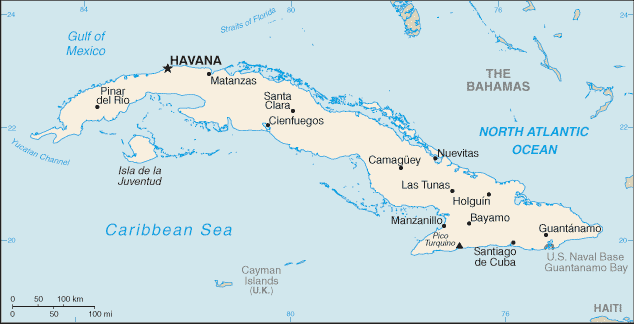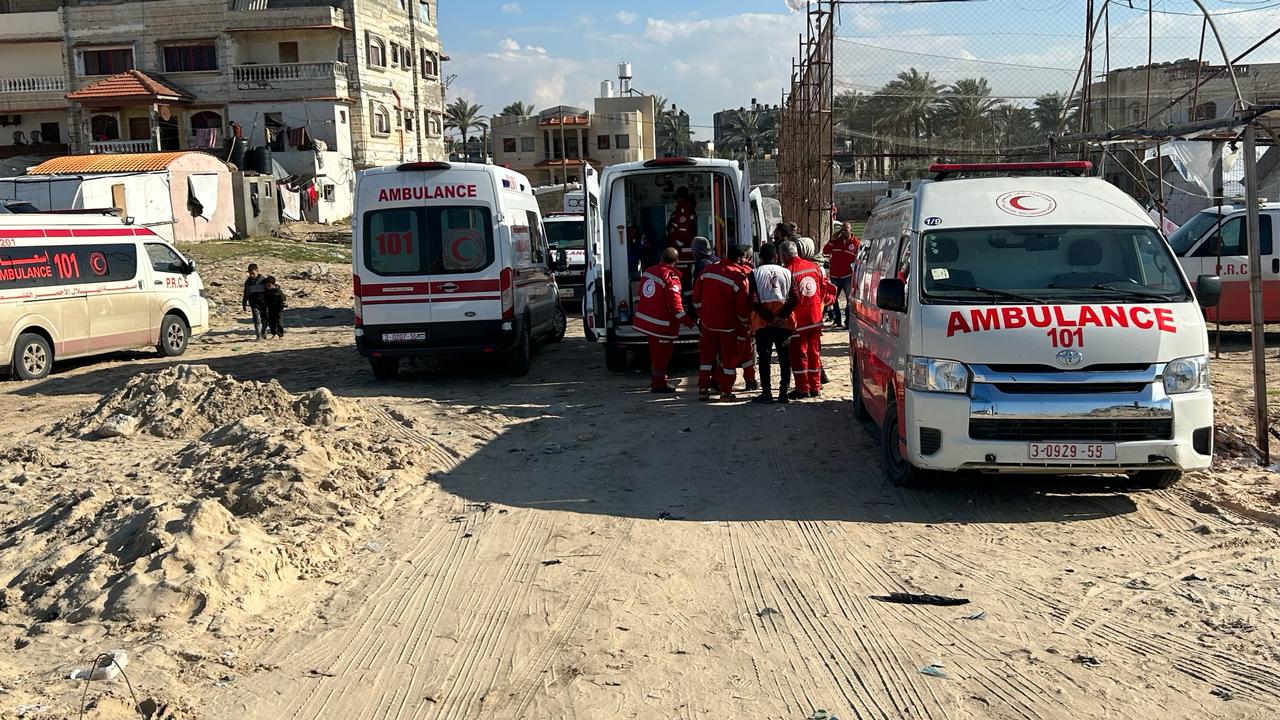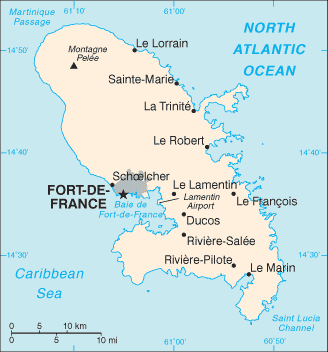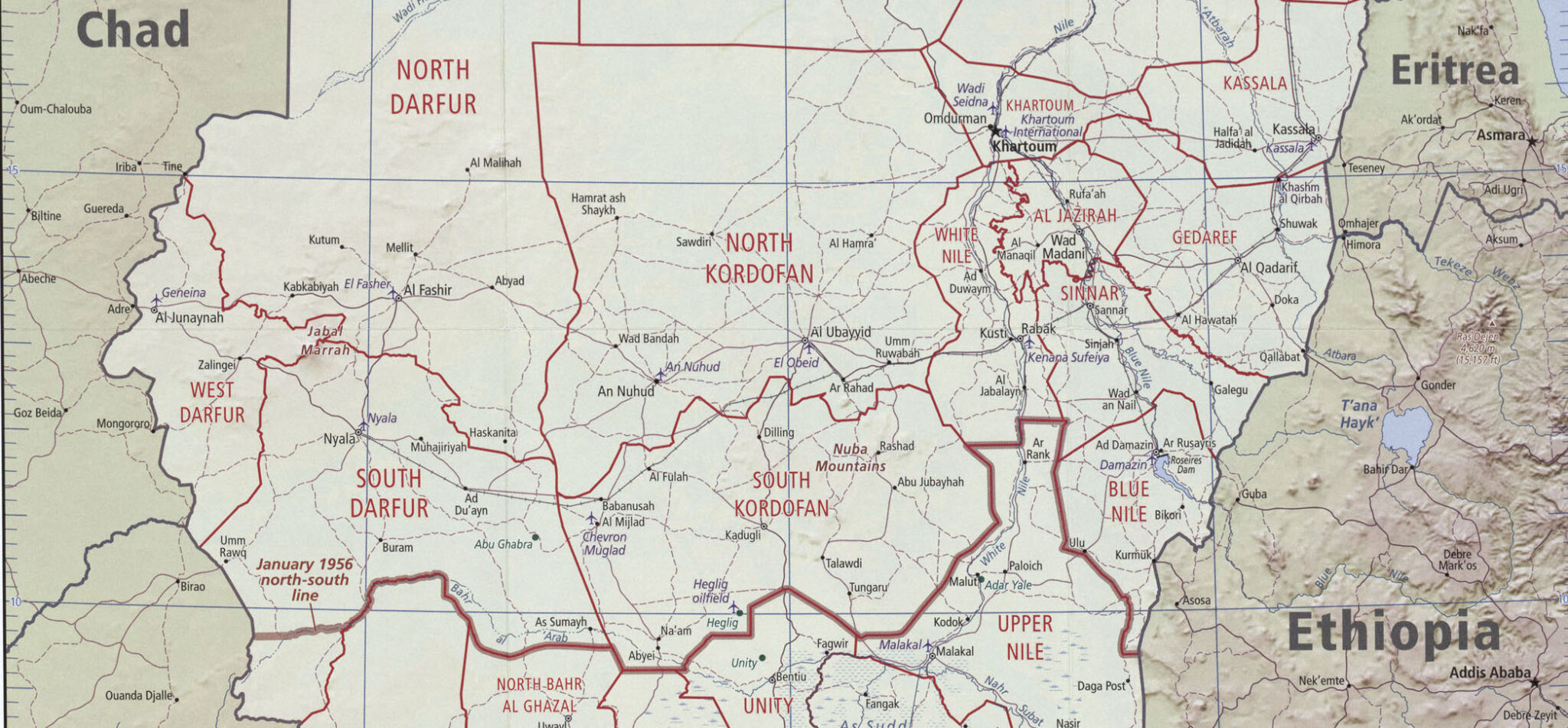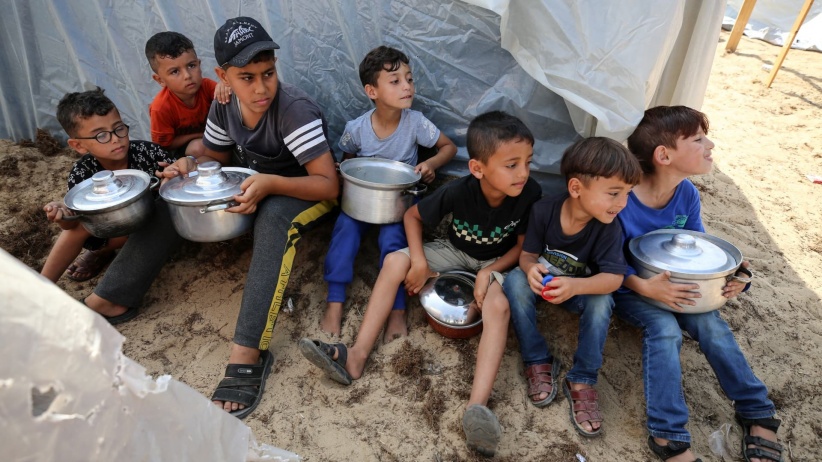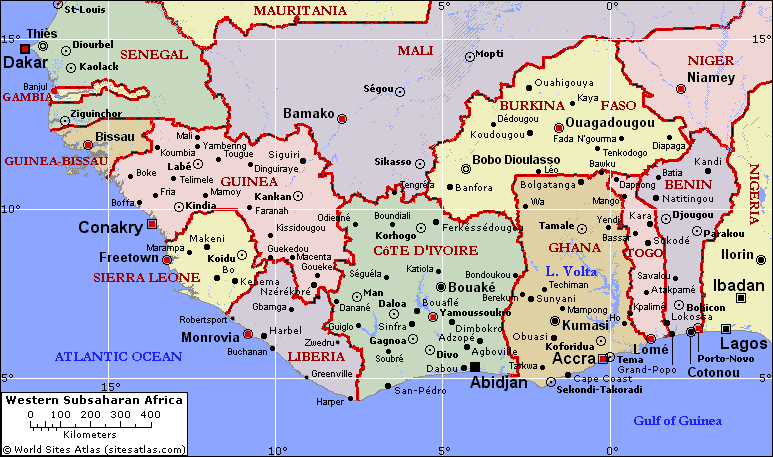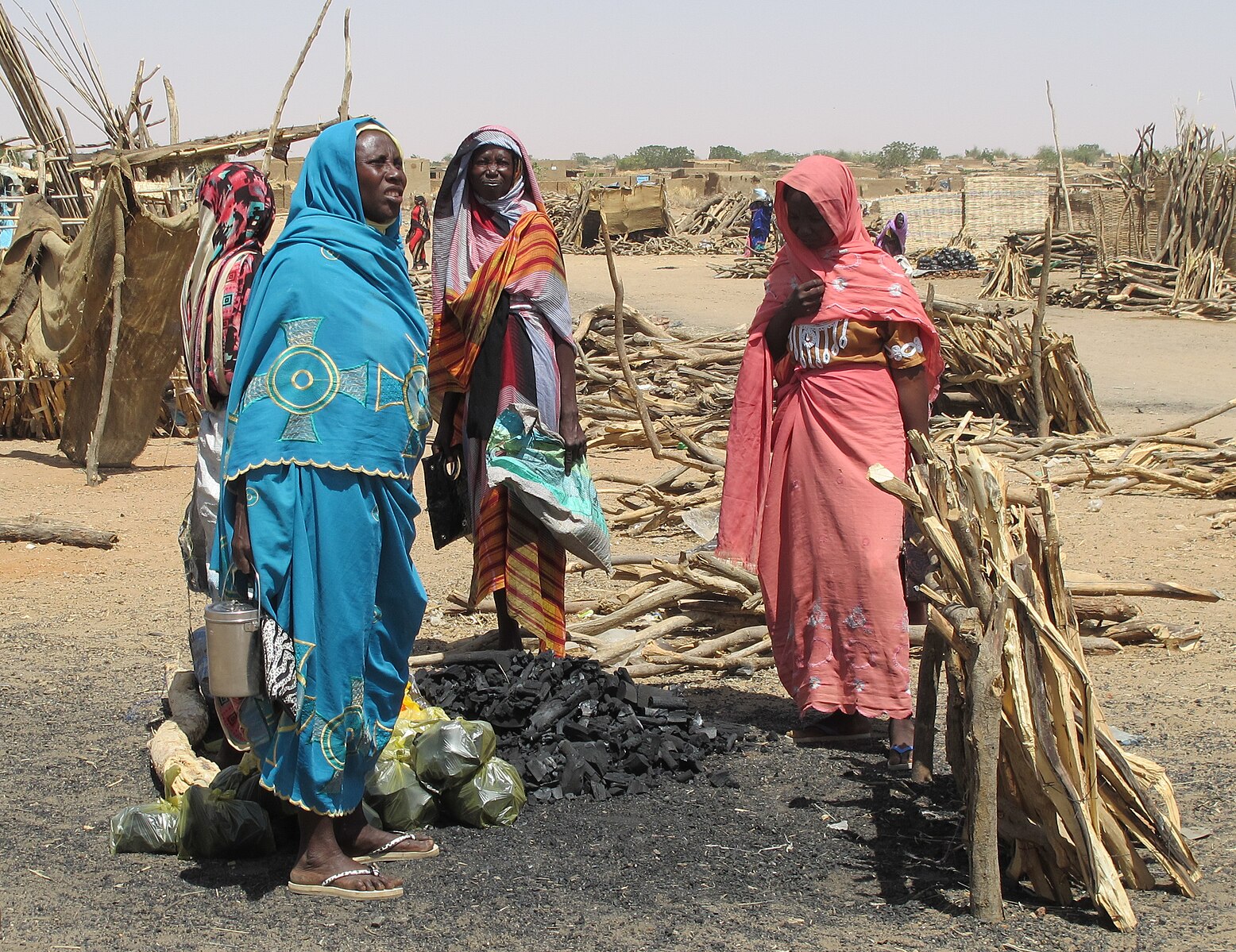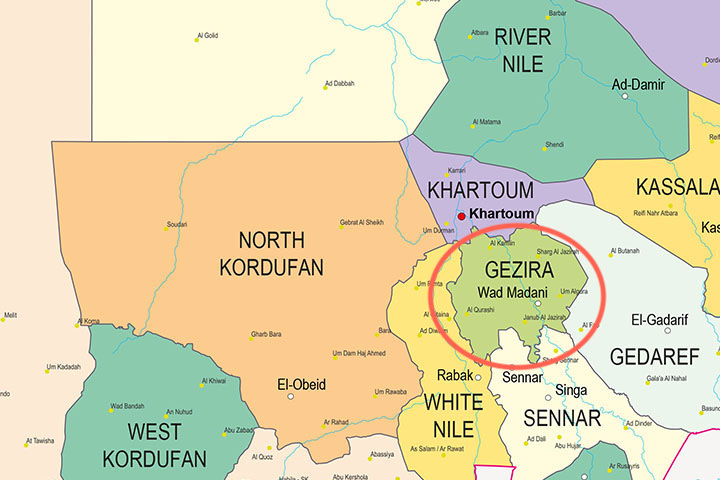
New atrocities by RSF reported in Sudan’s Gezira
Brutal attacks by the Rapid Support Forces on villages and towns in Sudan’s Gezira state, south of Khartoum, have displaced around 120,000 people over the past two weeks, resembling the kind of violence used by the paramilitary group in the Darfur region beginning last year. The attacks were triggered by the defection to the army of the RSF’s top commander in Gezira, Abu Aqla Kayka; villages under his control were reportedly targeted. The UN said the attacks left at least 124 people dead and resulted in more than 27 women and girls being raped, though these numbers are likely a massive undercount given survivor testimonies, activist reports, and videos that show rows of bodies wrapped in shrouds. The attacks are among the worst to take place in Gezira since the RSF took over the state in December 2023. The state is considered the country’s breadbasket, but farmers have been forced to flee and cropland has been deliberately burnt. (Map: Sudan War Monitor)



